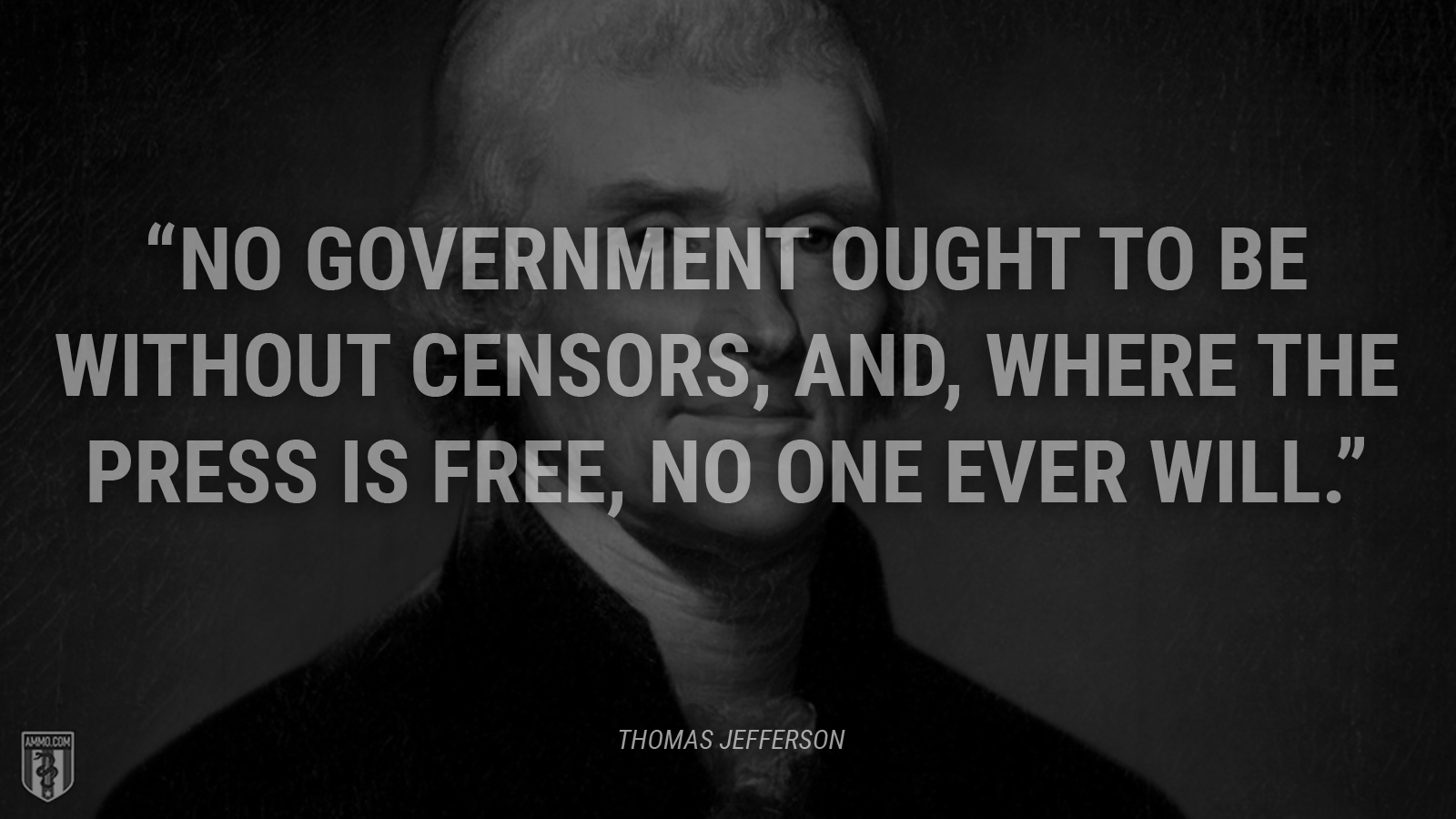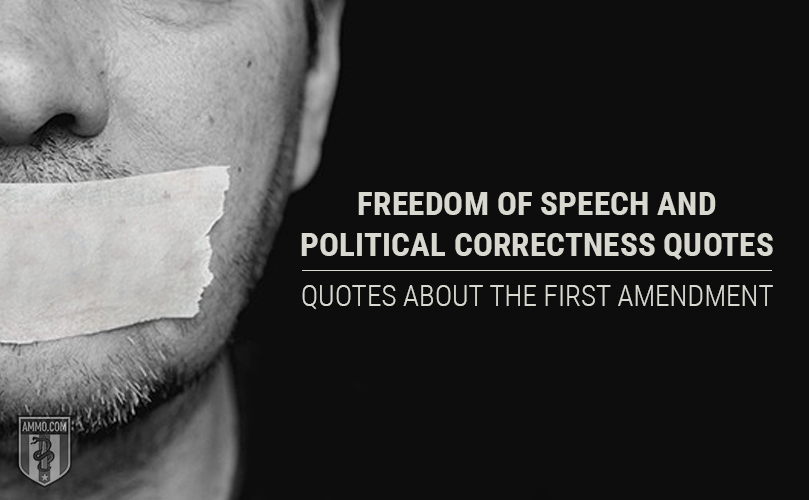

Unscrupulous demagogues have used the power to investigate as tyrants of an earlier day used the bill of attainder. The legislative investigation, designed and often exercised for the achievement of high ends, has too frequently been used by the Nation and the States as a means for effecting the disgrace and degradation of private persons.

We have also seen a sharpening and refinement of abusive power. Those who love the twilight speak as if public education must be training in conformity, and government support of science be public aid of caution. An epidemic of loyalty oaths has spread across the Nation until no town or village seems to feel secure until its servants have purged themselves of all suspicion of non-conformity by swearing to their political cleanliness. The States have followed in the footsteps of the Federalists and have put Alien and Sedition Acts upon their statute books. In our own times, the old blunt instruments have again been put to work. The Nation's only gain from his efforts were the classic dissents of Holmes and Brandeis. In the 1920's the Attorney General of the United States degraded his office by hunting political radicals as if they were Salem witches. Spokesmen for the South did service for the Nation in resisting the petty tyranny of distrustful vengeance. In 1865 the Radical Republicans sought to snare private conscience in a web of oaths and affirmations of loyalty. In 1789 the Federalists adopted Alien and Sedition Acts in a shabby political effort to isolate the Republic from the world and to punish political criticism as seditious libel. “From time to time our national history has been marred by forgetfulness of the Jeffersonian principle that restraint is at the heart of liberty. Bush, when asked to comment, could only say grudgingly that, as far as he could see, no American interests were involved…” No more root-and-branch challenge to the values of the Enlightenment (on the bicentennial of the fall of the Bastille) or to the First Amendment to the Constitution, could be imagined. To re-state the premise of the argument again: the theocratic head of a foreign despotism offers money in his own name in order to suborn the murder of a civilian citizen of another country, for the offense of writing a work of fiction. Plus, of course, friendship-though I like to think that my reaction would have been the same if I hadn't known Salman at all.
#First amendment freedom of speech quotes free#
In the love column: literature, irony, humor, the individual, and the defense of free expression. In the hate column: dictatorship, religion, stupidity, demagogy, censorship, bullying, and intimidation. It was, if I can phrase it like this, a matter of everything I hated versus everything I loved. “When the Washington Post telephoned me at home on Valentine's Day 1989 to ask my opinion about the Ayatollah Khomeini's fatwah, I felt at once that here was something that completely committed me. You Can't Be Neutral on a Moving Train: A Personal History of Our Times The situation required not just a new president or new laws, but an uprooting of the old order, the introduction of a new kind of society-cooperative, peaceful, egalitarian.” I was a radical, believing that something fundamental was wrong in this country-not just the existence of poverty amidst great wealth, not just the horrible treatment of black people, but something rotten at the root. Free speech? Try it and the police will be there with their horses, their clubs, their guns, to stop you.įrom that moment on, I was no longer a liberal, a believer in the self-correcting character of American democracy. They were on the side of the rich and powerful. The state and its police were not neutral referees in a society of contending interests. We were a democracy.īut I knew it wasn't a dream there was a painful lump on the side of my head. It was in the Constitution, the Bill of Rights. This was America, a country where, whatever its faults, people could speak, write, assemble, demonstrate without fear.


 0 kommentar(er)
0 kommentar(er)
